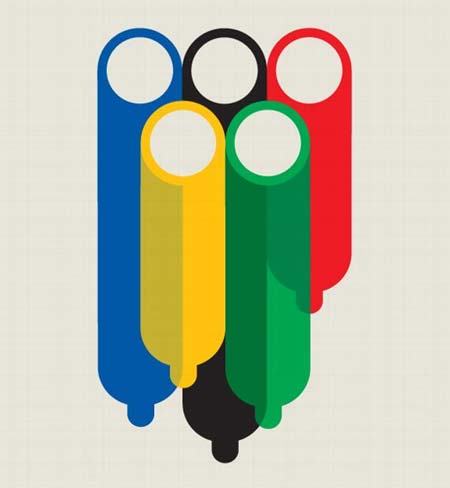
With the Zika virus a serious epidemic across Central and Latin America, the World Health Organisation has declared it a global health emergency. That’s not good news ahead of the Rio 2016 Olympic Games.
The Olympics, in case you’ve been living under a rock, are a celebration of the fittest and most dedicated sports professionals from every country across the globe. With 42 Olympic Sports, 306 events across 19 days a massive roster of athletes will be descending on Rio de Janeiro, Brazil.
The events will take place between the opening ceremony on Friday 5 August and the closing ceremony on Sunday the 21 August 2016. With the athletes’ time tables of training, preparation and event time ultimately taking place during different parts of the tournament, the free-time that athletes often experience is often spent with athletes from other countries, or within tightknit team communities.
The Rio Olympics have already been dubbed a “potential global health disaster” by Harvard scientists, due to the sheer number of people from across the globe that will be attending the games, they have been reported stating:
“It cannot possibly help when an estimated 500,000 foreign tourists flock into Rio for the Games, potentially becoming infected, and returning to their homes where both local Aedes mosquitoes and sexual transmission can establish new outbreaks.
All it takes is one infected traveller, a few viral introductions of that kind, in a few countries, or maybe continents, would make a full-blown global health disaster.”
As a result, the Australian Olympic Committee have identified and dealt with the potential for inter-team relationships and the potential for the spread of the Zika virus in their own team by issuing condoms that offer a “near complete” antiviral protection against the Zika Virus.
The antics and party atmosphere of the Olympic village is well reported, long has the opinion gone that in their down-time athletes spend their days training or watching TV. But the rise of Smart Phones has now brought a time when athletes can communicate with each other during the tournament or distract themselves by playing phone games. It seems however that Tinder may go down in history as the Olympics choice for Dating apps.
Dating app Tinder was reported at the Sochi games, to be the game of choice between teams as a method of communication and “hooking-up” to pass the down-time. With so many young athletes in a single village it would be difficult to put a worldwide ban on the athletes’ sex life during the tournament so the Australian Olympic Committee have taken the necessary precautions to prevent an outbreak in not only their own team, but potentially other teams throughout the games.
